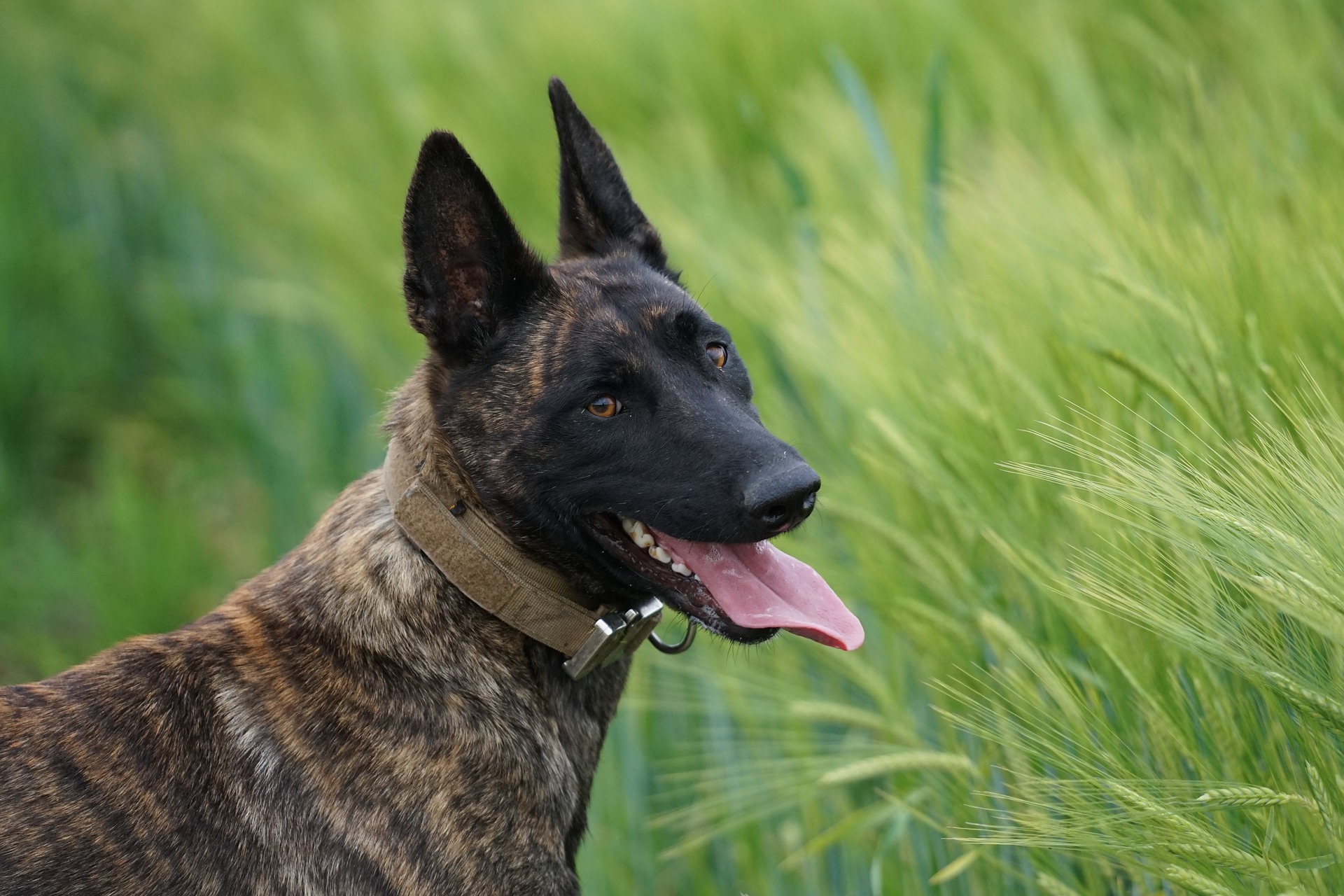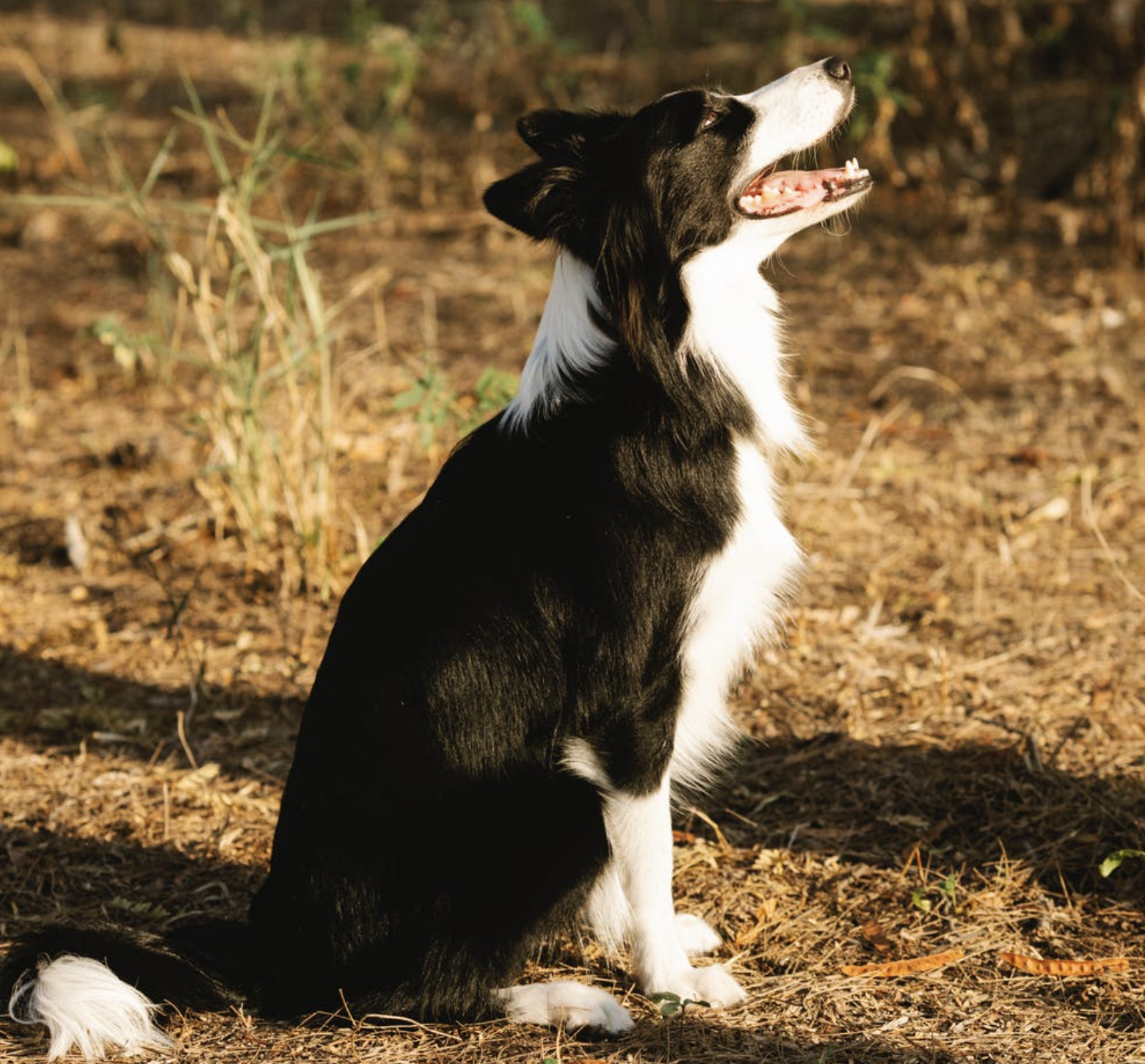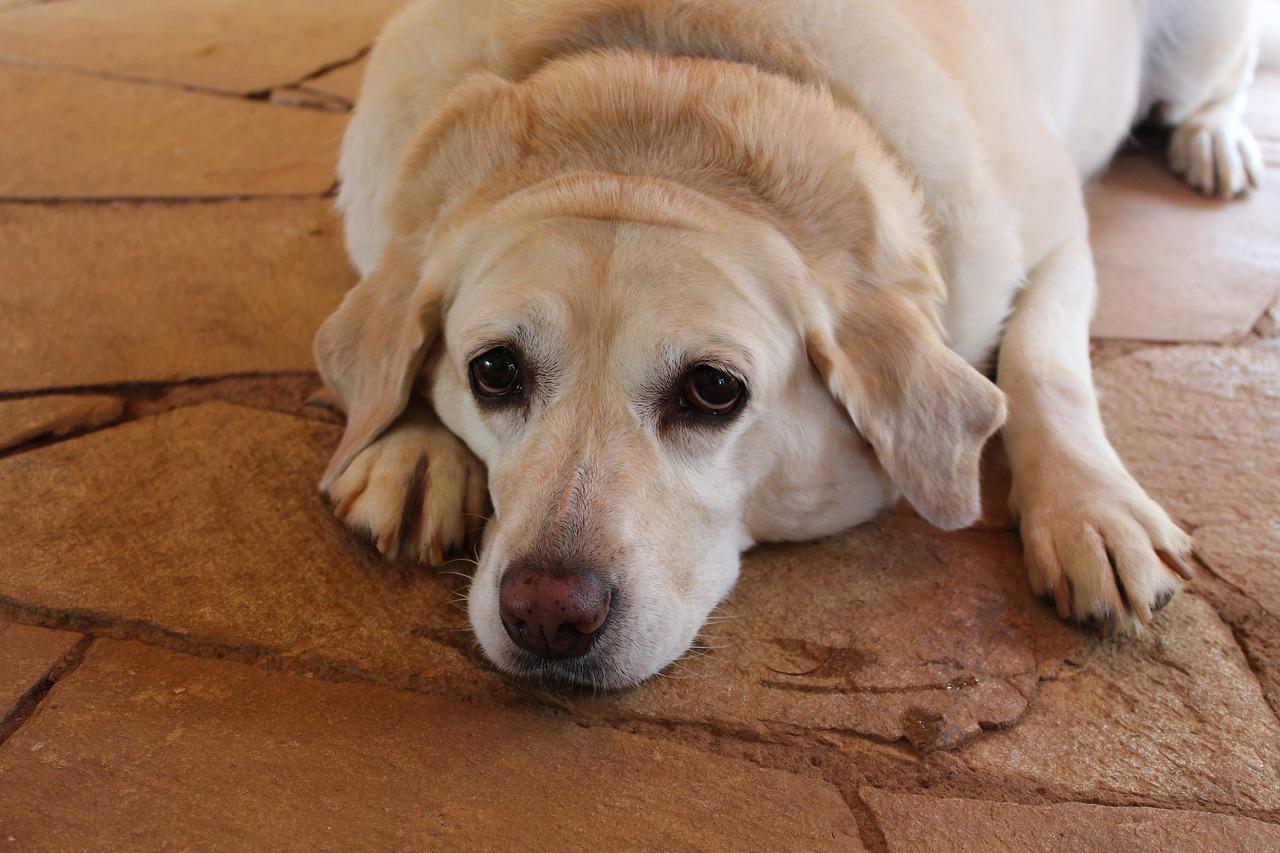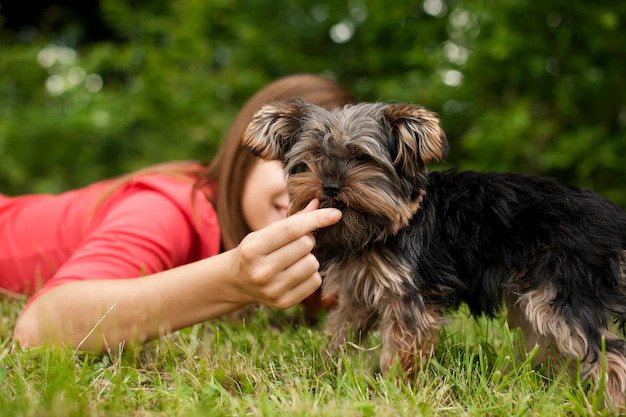
Pups are known as all-eaters, which often worries their owners. We should always keep an eye on our paw friend to make sure that he/she will not eat too much or swallow something non-edible or otherwise dangerous for him/her. Since we expect “eating” to be among the favorite activities of our pup, we may worry if his/her appetite decreases.
Are our concerns reasonable and what may cause our puppy to stop eating are topics we would like to discuss today.
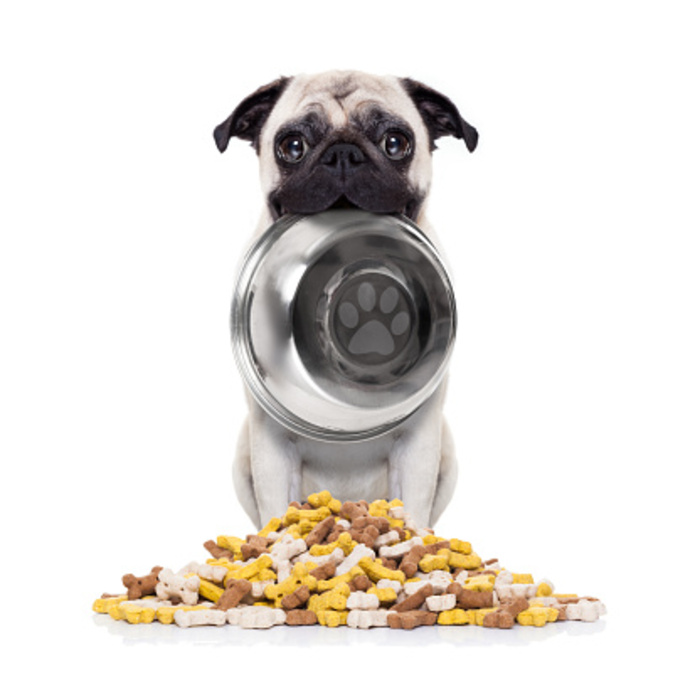
Puppy Won’t Eat-Causes
The causes may vary, and they can be related to your pup’s physical and/or emotional state, his/her environment, or just his/her food preferences.
Picky Eater
Sometimes our pups are just finicky eaters who expect their owners to meet their food requirements. Your pup may not like the taste of his/her regular food, which is likely to make you look for ways to make it more appealing.
Changes in the Diet
You may have decided to change your pup’s diet to be healthier and provide more nutritional benefits for him/her. However, any sudden changes in the diet or the pup’s daily routine may have an impact on his/her appetite and eating habits.
Environmental Changes
Similarly to the point above, any environmental changes, including slight ones such as moving your pup’s food bowl to a different area at home, may cause him/her to refuse to eat. Drastic environmental changes like moving to a new home, getting a new pet, or welcoming a new family member, are likely to affect your pup even more. The owner’s absence is another serious change in the environment that may lead not only to decreased appetite but also to emotional distress and anxiety. Some pups are so attached to their owners, that they hardly endure their absence for long periods of time.
Teething / Dental Problems
Any dental issues, including the process of teething, may cause pain, thus high discomfort during eating. Oral hygiene is an important part of your pup’s general well-being, so you should regularly check for tartar that may have built up, untypical coloration on the gums, as well as loose teeth, or a strong unpleasant smell coming from your pup’s mouth. The earlier you identify any dental issues, the better.
Medication / Vaccination Side Effects
Usually, dogs do not feel pretty well on the same day the vaccination was made and may need a day or two to get back to normal. Decreased appetite might be caused by vaccination or any medication that your pup has been taking. If you notice that the prescribed medication leads to decreased appetite or any side effects, you should consult a veterinarian.
Overfeeding
It is common for dog owners to unintentionally overfeed their paw friends. If our pups start whining, pawing, nudging at us, or just looking at us begging for food, we are likely to fall for that. Also, during training, treats are usually used as a primary motivator for dogs, who are known as highly food-driven. If you tend to give your paw friend human food, food leftovers, or too many treats as a reward, he/she is likely to lose interest in his/her regular food.
High Temperatures
During the summer when temperatures can get extremely high in some areas, your pup’s appetite is likely to decrease.
Upset Stomach
Overfeeding is among the most common reasons for stomach problems in dogs. If you tend to give your pup too much food, especially if he/she has access to food at home, his/her stomach may get upset. Both quality and quantity should be taken into account so that we can ensure that our paw friends will have a healthy and nutritional diet. Also, while outdoor, you should pay attention to what your pup may try to eat, as eating garbage, dirt, and feces may cause stomach issues.
If your pup has more serious digestive issues, additional symptoms will also be present such as lethargy, diarrhea, vomiting, and coloration of the gums.
Infections / Parasites
Viral and bacterial infections, as well as intestinal parasites, may lead to decreased appetite. Most pups are born with parasites, as these are passed from their mother. That is why it is essential for their health that owners regularly deworm them. Usually monthly or bimonthly parasite control is recommended, based on the location.
You should also let your pup be regularly vaccinated. The first vaccination is usually administered at the age of 6-8 weeks (for Distemper and Parvovirus); at the age of 10-12 weeks for DHPP (for Distemper, Adenovirus (Hepatitis), Parainfluenza, and Parvovirus); at the age of 16-18 weeks for DHPP, Rabies (second booster); the age of 12-16 months for DHPP, Rabies (third booster).
Once your pup gets adult, usually at the age of 1 year, annual veterinarian checks should be provided.
Organ Dysfunction
Kidney, liver, and heart disease are among the health conditions that may cause decreased appetite. These health problems may be inborn or caused by infection, intoxication, or an object that may have been swallowed.
Serious health conditions like the ones listed above are usually accompanied by symptoms such as vomiting, nausea, diarrhea, fatigue...etc.
Flu / Respiratory Problems
A common respiratory problem is the so-called kennel cough. It can have mild symptoms and resolve itself or have severe symptoms and reach the lungs. Dog’s flu is contagious and can be easily transmitted through coughing and sneezing, so you may want to make sure that your pup meets vaccinated and healthy dogs during your walks in the local park.
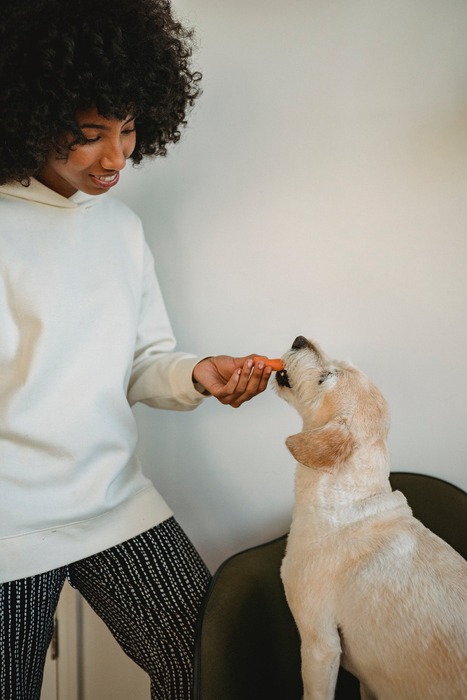
Puppy Won’t Eat-Solutions
Make Your Pup’s Food More Appealing
If you have a picky eater at home, you may need to make his/her food more attractive. There are some simple tips on how to do it. You may want to add to your dog’s regular food:
Wet food; warm water; toppers like ground-up turkey bacon or crumbled bacon; canned pumpkin; low-sodium beans; ground-up chicken, lamb, or turkey meat; hard-boiled eggs; blueberries /cantaloupe /apples /cranberries.
You should be careful when mixing your dog’s food or adding toppers/new food, and always do it gradually. That way you will notice if your pup has any allergies or digestive problems occur.
Another way to make your pup’s food more appealing is to put it in puzzle toys so that your paw friend will need to get to the kibble/treats. Through this “exercise”, your pup will get a reward for two reasons-one because of the fun game that will stimulate him/her mentally, and two, because of the kibble/treats that he/she will get.
Also, you may want to try changing your pup’s food bowl, i.e. get a new one, made of a different material.
Changing the location of the bowl is one more option that you can try. Your pup may need a separate area where he/she can eat undisturbed.
By increasing the activities of your pup before meal time (exercises, walks, games), his/her interest in the food is likely to increase.
You should not forget that your pup may not like the taste of his/her food, especially if it is full of coloration and additives. Try to opt for brands that offer high-quality food.
Do Not Overfeed Your Pup
It sounds so simple! However, in reality, this is not the case. You should keep track of the amount of food, including treats and human food you feed your pup. Also, you should obstruct access to any food in the house, he/she may want to get. Supervising him/her while outside as well as discussing with your family members the rules you have set for him/her, are essential for raising a healthy pup.
Help Your Pup Adjust to the Changes
This tip is valid for cases when your pup’s environment has changed and he/she may need time to adapt. In order to accelerate the process of adaption, you can:
Set up a safe area for your pup at home and put his/her favorite toys and items there (plush toys and items such as a warm blanket, will make the spot cozier); gently massage your pup; put essential oils in your pup’s area; gradually socialize him/her with the new family member (whether a baby or a new pet); train him/her in basic obedience; address separation anxiety.
If your pup seems to suffer due to your absence, you may need to address separation anxiety. Helpful tips in regard to this matter are:
-Pairing your absence with something positive, i.e. giving your pup a reward every time, you leave the house,
-Exposing him/her to your absence step by step. In other words, your pup should learn to tolerate your absence for several seconds/minutes, before getting used to it for several hours or days. Just leave the room for 2-3 seconds, so that your pup is not likely to react. If he/she remains calm, praise and reward him/her. Increase the duration gradually.
Keep Track of Your Pup’s Health
This may include a lot of things-from regular exercising, keeping him/her on a healthy diet, based on his/her age, breed, and lifestyle, sticking to a schedule, brushing his/her teeth, taking him/her to regular veterinarian checks.
Keep your pup up-to-date with all vaccinations and let him/her undergo regular parasite control.
Teething / Dental Care
Providing your pup with dental sticks and puppy-safe teething sticks will soothe the pain caused by teething. Regularly brushing your pup’s teeth, is also essential for maintaining his/her oral hygiene. Keep in mind that you should use only products safe for dogs.
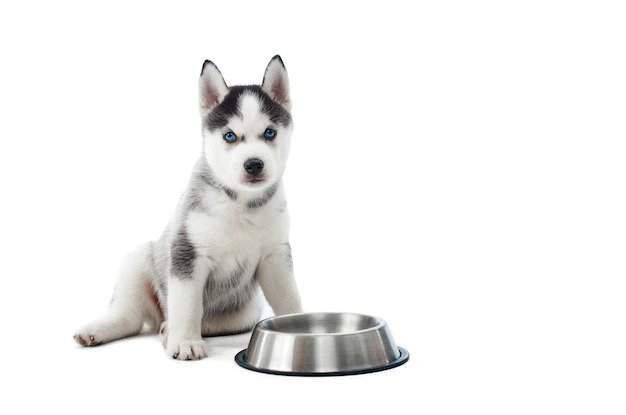
When to Bring Your Pup to the Vet?
If you notice that your pup has not only stopped eating but also stopped drinking water, you should arrange an appointment. Dogs can survive without drinking water for 72 hours, however, signs of dehydration are likely to occur during the first 24 hours.
If your pup has additional symptoms such as diarrhea or vomiting for more than 12 hours, you should bring him/her to the vet. As mentioned above, dehydration has serious consequences on your pup’s health and may cause death.
Fatigue, lethargy as well as coloration on the gums (they turned pale, white, or gray) are usually signs of an underlying health condition.




